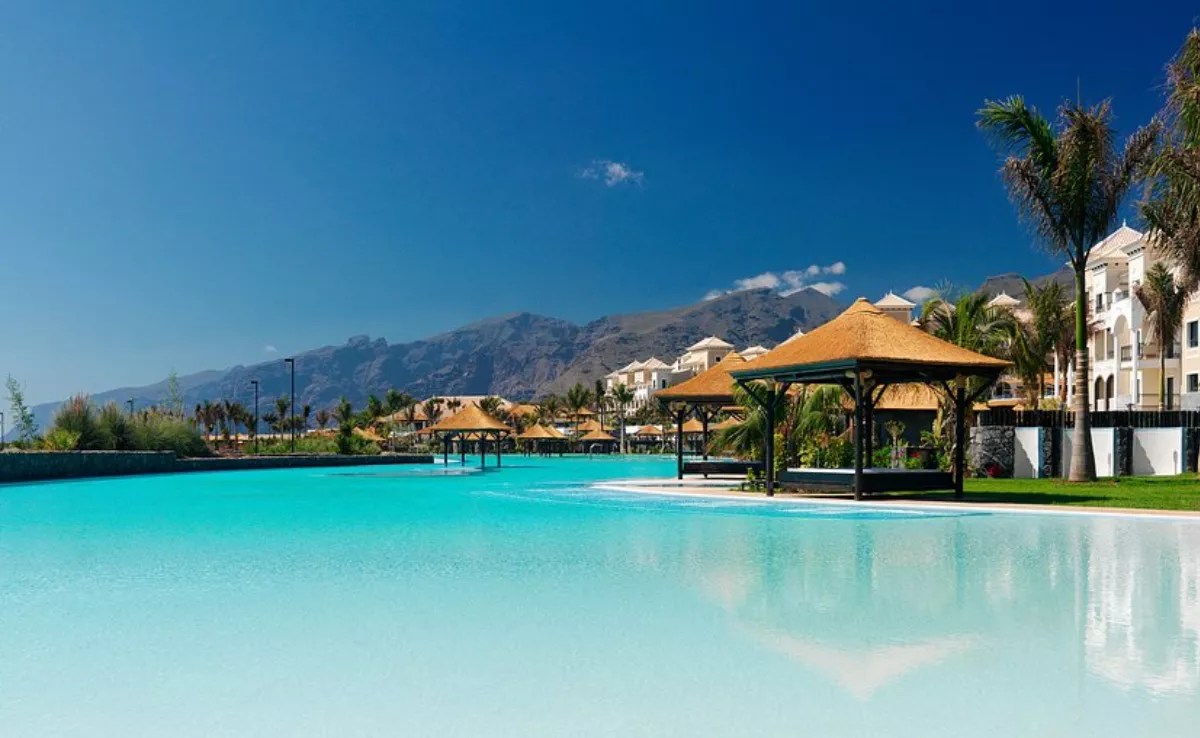
The Tenerife Island Council is devising a new set of actions to eliminate traffic congestion on the main roads of the island. These will focus on an enhancement of public transportation and are set to be implemented in the first half of 2024.
According to the Minister of Mobility, Eulalia García, in Chain Being, there will be two areas of focus: expedited works for short-term connections, for which the bureaucratic process can take over a year, and supplementary measures.
“It’s not about prohibiting the use of private vehicles, but about promoting their rational usage and carpooling,” the official stated. She also stressed the need to bolster public transport “if we want to encourage greater use of it.”
On-demand buses and increased shuttles
In the first half of 2024, on-demand transport will be introduced in areas where the bus service is extremely limited and irregular. The councillor noted that, in addition to Los Realejos and Candelaria, several local authorities are interested in joining this initiative.
The Island Council also plans to introduce new shuttle buses to the University of La Laguna, similar to the two already operating in the north of the island (lines 608 and 603). Expansion towards the south of Tenerife is also contemplated, although there is a need for vehicles and drivers, as highlighted by Eulalia García.
Alterations in educational timetables
The island’s administration will also seek to influence changes in educational schedules to stagger the start and end times of classes, as is already the case at ULL. Additionally, the Ministry of Education has proposed a restructuring of school transport. “Many parents find it somewhat burdensome (taking their children to the centres), it’s free in public schools, but not in subsidized schools,” they explained on Cadena Ser radio.
Collaboration with the Canarian Health Service
The council is persistent in efforts to improve the condition of the island’s healthcare infrastructure. Regarding the Southern Hospital, the councillor highlighted some progress but acknowledged that “we all know that the Northern Hospital is needed.” The deficiencies at these facilities result in numerous daily trips by citizens to the University Hospital of the Canary Islands early in the morning for laboratory tests, consultations with specialist doctors, or other examinations. “Let’s look at enhancing the services that are yet to be developed,” García affirmed.
















